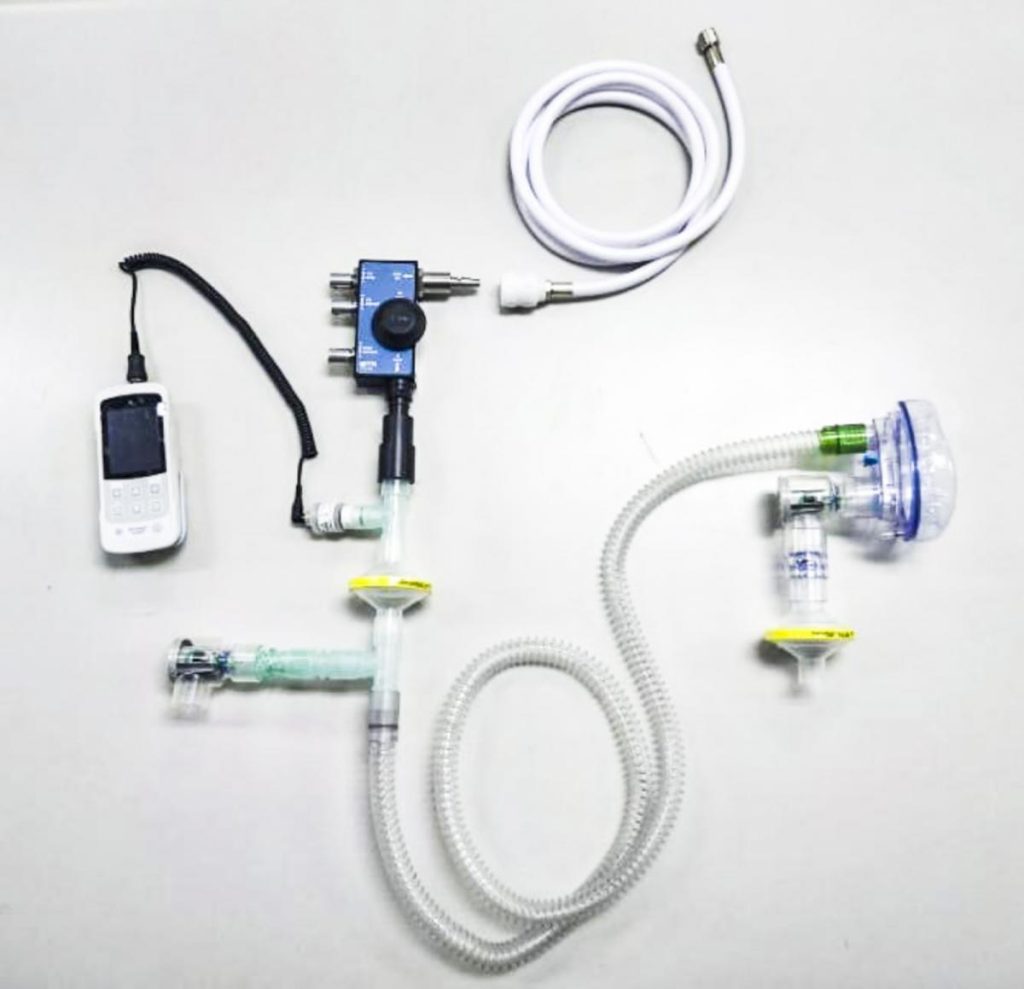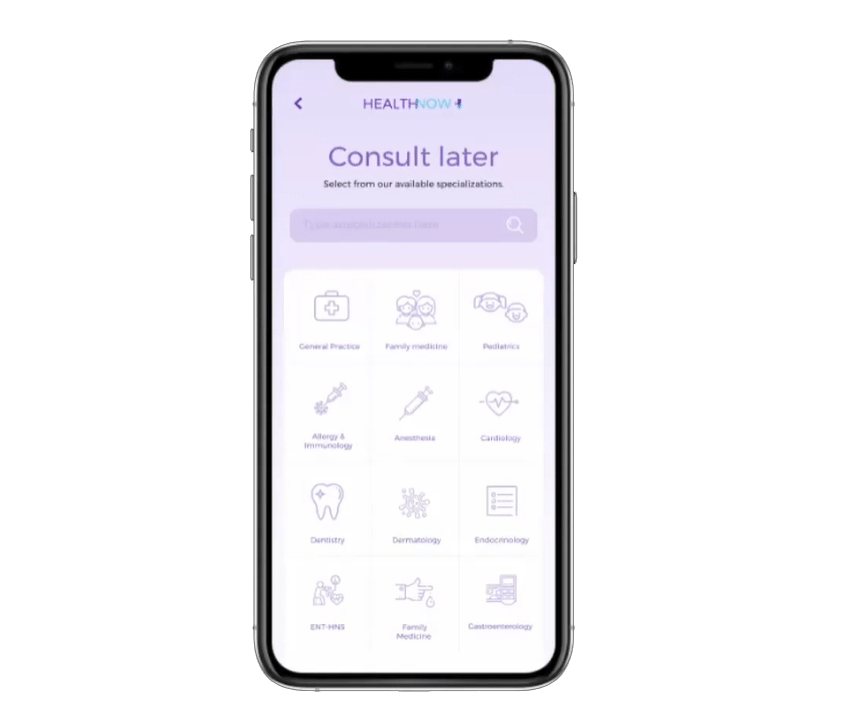Makati, Philippines – August 17, 2020 Heeding the call of medical frontliners, the Ayala group’s electronics manufacturing, healthcare, and telecom arms have come up with new innovations to bolster the country’s health system as it combats the pandemic.
These innovations include an FDA-approved, lower-cost breathing aid device from Integrated Micro-Electronics, Inc. (IMI) for COVID-19 patients; and an all-in-one health app from Globe Telecom and AC Health that will help decongest healthcare facilities.
“Healthcare is one of the many sectors that has been disrupted by this global crisis. However, I believe that many of the problems caused by COVID-19 can be addressed by technological innovations. The Ayala Group is determined to meet this challenge by leveraging the talents of our own engineers and medical experts, and by pioneering digital solutions. We are committed to invest in healthcare to contribute to the nation’s fight against COVID-19,” said Fernando Zobel de Ayala, Ayala Corporation President & COO and AC Health Chairman.
Ventilation system to be produced in the Philippines – a FIRST
On August 4, 2020, Ayala’s electronics manufacturing unit, IMI, secured FDA approval to locally produce the UCL Ventura Flow Generator, a lower-cost, non-invasive ventilation system specifically designed to aid COVID-19 patients with breathing difficulties. Based on an existing off-patent continuous positive airway pressure (CPAP) system, the design has been modified to optimize oxygen consumption. It is designed to reduce the spread of aerosols, helping keep healthcare workers safe from infection. The UCL Ventura Flow Generator is an alternative and preventative system used to avoid the need for an intubated ventilator treatment.
Earlier this year, IMI collaborated with its UK-based subsidiary, Surface Technology Int’l, Ltd. (STI, Ltd.), to bring this technology to the Philippines. IMI engineers then consulted the Filipino medical community, including AC Health’s experts, for the local application of the UCL Ventura Flow Generator. Licensed by the University College of London to IMI for the Philippines, and now FDA certified, IMI is set to produce the UCL Ventura Flow Generator in its Laguna facility, and will make these units available at a competitive price.
The device is a collaboration between University College London Hospital and Mercedes-AMG High Performance Powertrains, and was approved by UK’s Medicines and Healthcare Products Regulatory Agency.
Healthcare just a tap away
The Ayala Group has also released HealthNow, an all-in-one health app from Globe Telecom’s corporate incubator, 917 Ventures, and AC Health’s health tech arm, Vigos Health, to help address the pain points that have long discouraged Filipinos from seeking proper medical care.
Prior to the pandemic, 68% of Filipinos stated that long waiting periods, high cost of medical bills, and limited availability of healthcare providers were the major deterrents that prevented them from seeking professional medical attention. There is also a shortage of doctors in the Philippines, with a ratio of one doctor to 33,000 Filipinos—a far cry from the global ideal of one doctor for every 1,000 individuals.
The HealthNow app offers users convenient access to primary healthcare services from the safety of their homes, and provides a safe channel for doctors to extend their patient care online. HealthNow currently allows patients to consult licensed physicians through video calls, and by September and October 2020 respectively, users will be able to have medicines delivered, and book clinic and lab appointments through the app.
HealthNow leverages several of the Ayala Group’s highly trusted and credible brands to deliver online aid to more Filipinos. The app’s video consultations, for example, are supported by a growing pool of doctors from KonsultaMD, FamilyDOC, and Healthway, as well as other third-party licensed physicians. Meanwhile, medicine delivery will be handled by Generika Drugstore, and payments can be made through GCash.
The app was released in Google Play on August 10, 2020, and will be available soon in the App Store.

IMI’s FDA-approved UCL Ventura Flow Generator is a lower-cost, non-invasive ventilation system specifically designed to aid COVID-19 patients with breathing difficulties. It is the first ventilation system to be produced in the Philippines.

The HealthNow app from Globe and AC Health provides patients convenient access to healthcare services from their homes, and offers licensed physicians a safe channel to extend their medical services online. Currently, users are able to “Consult Later” with a doctor. The app will allow them to order medicines and book appointments in the coming months. It is available in Google Play and will be released in the App Store soon.

